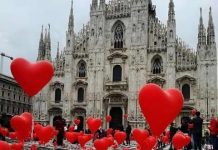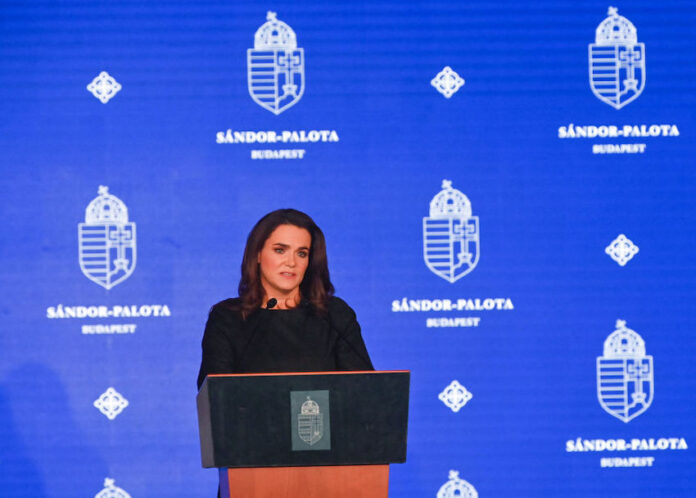“Hungary will once again prove that it is capable of being a good president of the EU Council”
Edited by Anna Popper
The President of the Republic of Hungary, Katalin Novák hosted her annual New Year’s Reception for Ambassadors and other mission leaders accredited to Hungary on the 10th January 2024 in the Museum of Fine Arts in Budapest.


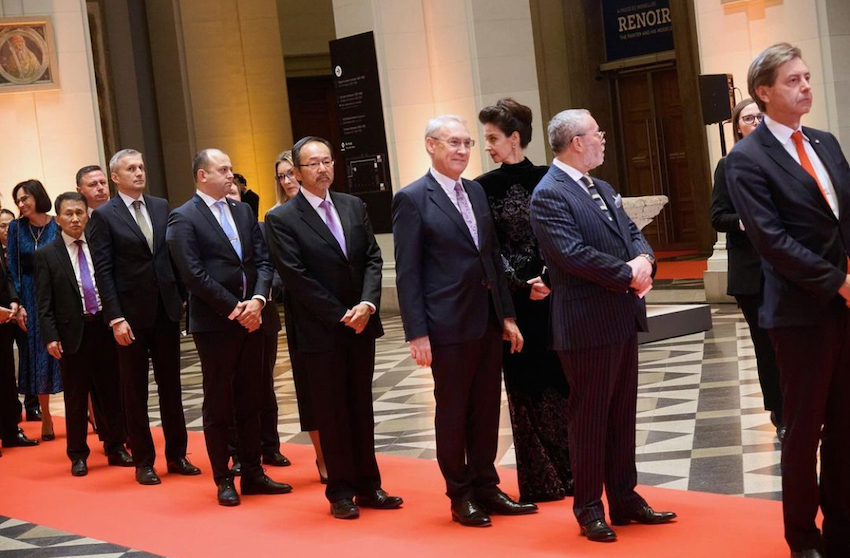
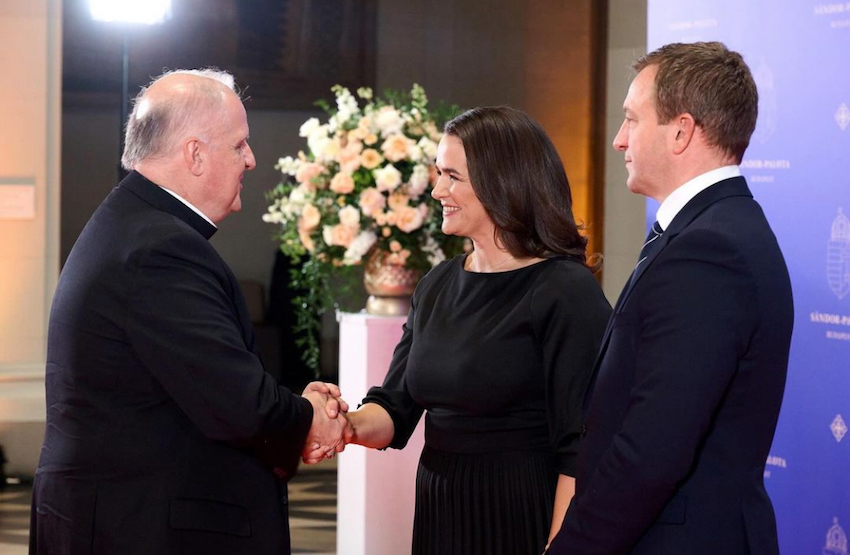
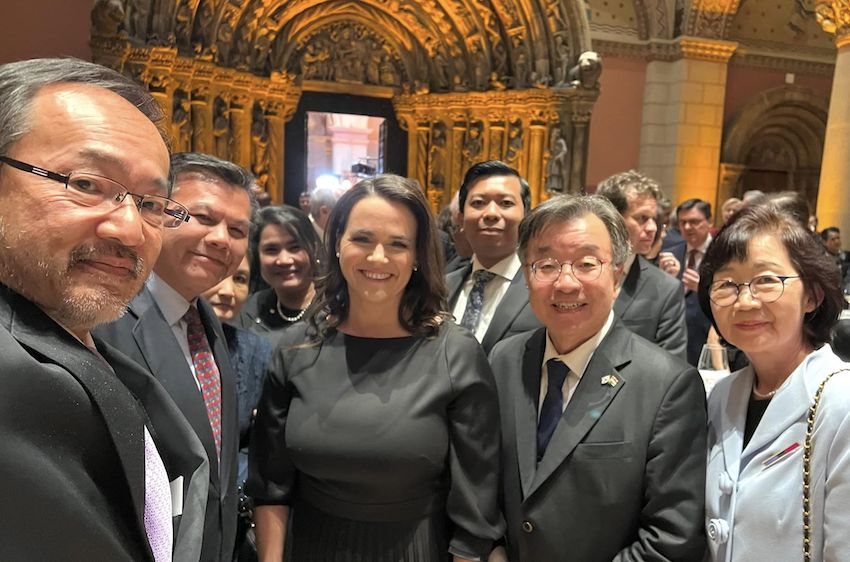
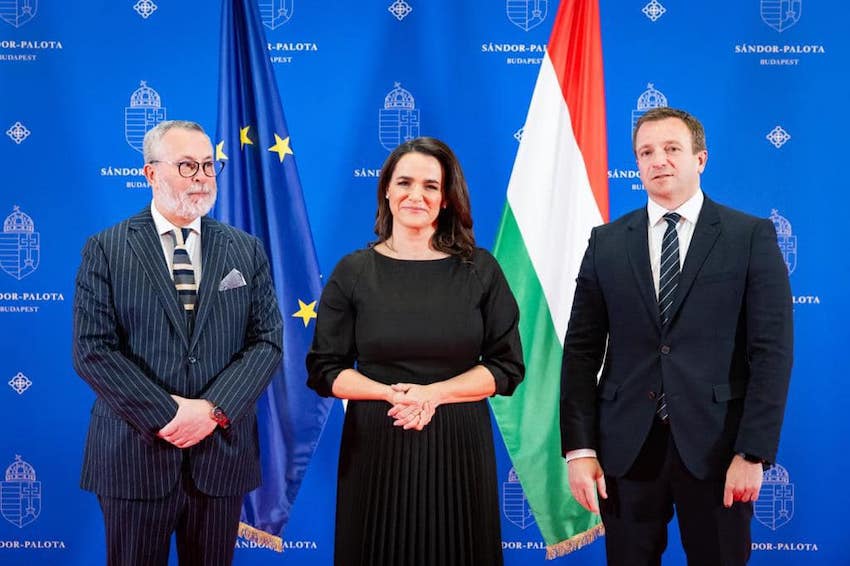
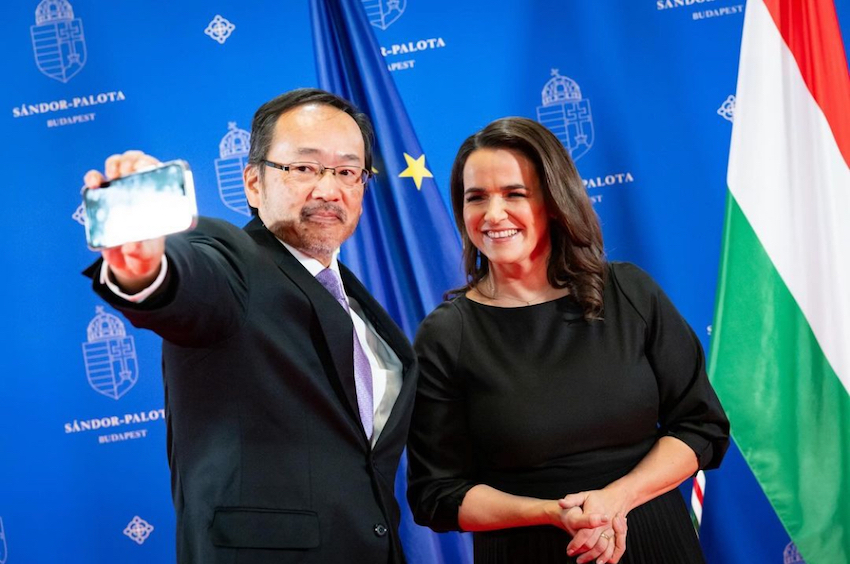

In her address, the President extended a heartfelt welcome to the members of the Diplomatic Corps and their spouses, who attended the event in significant numbers. She reminded that this year there will be elections in Europe, giving 400 million European citizens the opportunity to determine the direction of European politics.
Following the elections, Hungary, which is celebrating the 20th anniversary of its EU accession and the 25th anniversary of its NATO membership, will assume the rotating presidency of the Council of the European Union in the second half of the year (July-December 2024) – highlighted President Novák, stressing that Hungary will once again prove that it is capable of being a good president of the EU Council. Among the core topics of the Hungarian presidency, President Novák underscored addressing demographic challenges and the importance of accelerating the European integration of the Western Balkan countries.
Katalin Novák drew attention to a significant demographic shift, noting that whereas one-fifth of the world’s population was European 50 years ago, it has dwindled to just one-tenth today. She emphasized that the EU countries currently represent 6% of the global population, a figure projected to decrease to 4% by 2070. Novák cautioned that neglecting Europe’s population decline would be a grave error, further noting the continent’s declining economic influence on the global stage. She posed a critical question: Can we alter this trajectory?

Looking back at the past year, the President described 2023 as a very difficult year, with its challenges likely to dominate this year as well. She mentioned ten challenges: war conflicts, highlighting the war in Ukraine and Israeli-Palestinian war, economic difficulties, political uncertainties and early elections in several countries, growing social tensions, natural disasters, illegal mass migration, the phenomenon of disinformation, the significant emergence of artificial intelligence, non-political actors harbouring hidden political ambitions, and the influence of near-monopolistic technology companies.
The President highlighted that the crucial question is how the international community and world leaders will tackle these challenges. She pointed out that 2024 presents a significant opportunity as it will be declared the year of democracy and global elections. With elections scheduled in 76 countries affecting some four billion people, including eight of the world’s ten most populous nations, she stressed the importance of ensuring equal opportunities for participation and broad respect for the election outcomes worldwide.
Regarding Hungary, she recalled memorable events of the past year, including the apostolic visit of Pope Francis, the World Athletics Championships
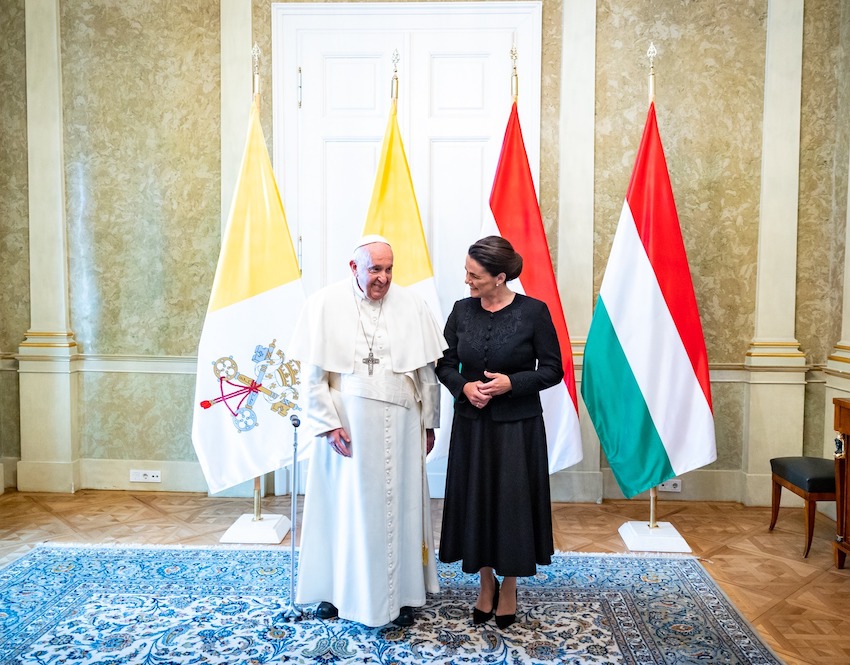

and the two new Hungarian Nobel Laureates, Ms. Katalin Karikó, The Nobel Prize in Physiology or Medicine 2023 (Developing mRNA for therapy) – together with the American Drew Weissman, and Mr. Ferenc Krausz, The Nobel Prize in Physics 2023 (Attosecond physics: exploring sub-atomic motions).
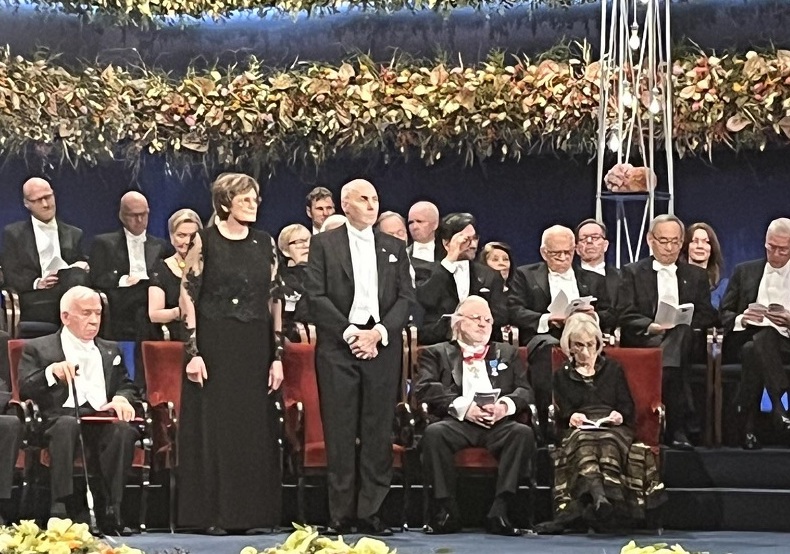
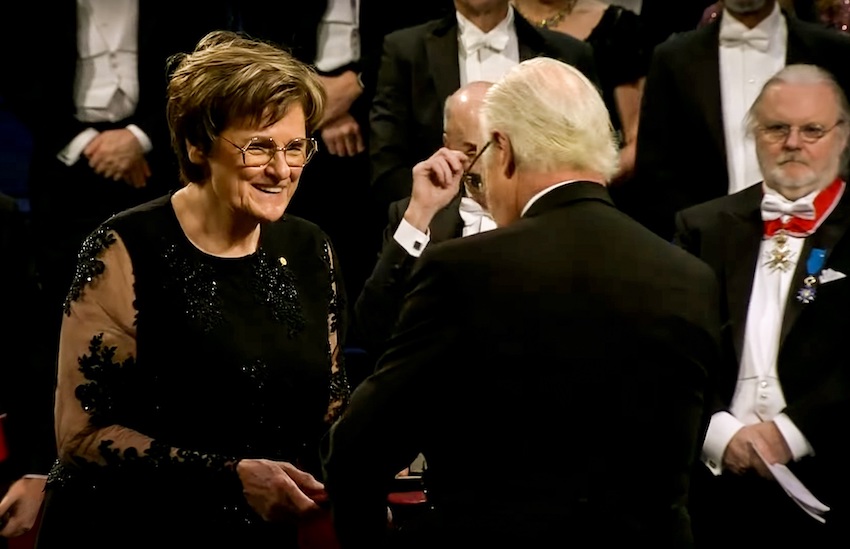
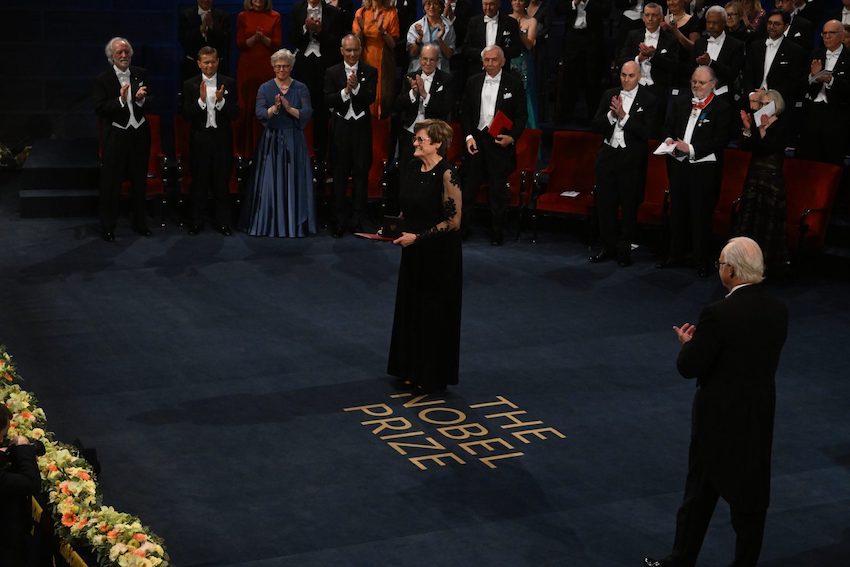

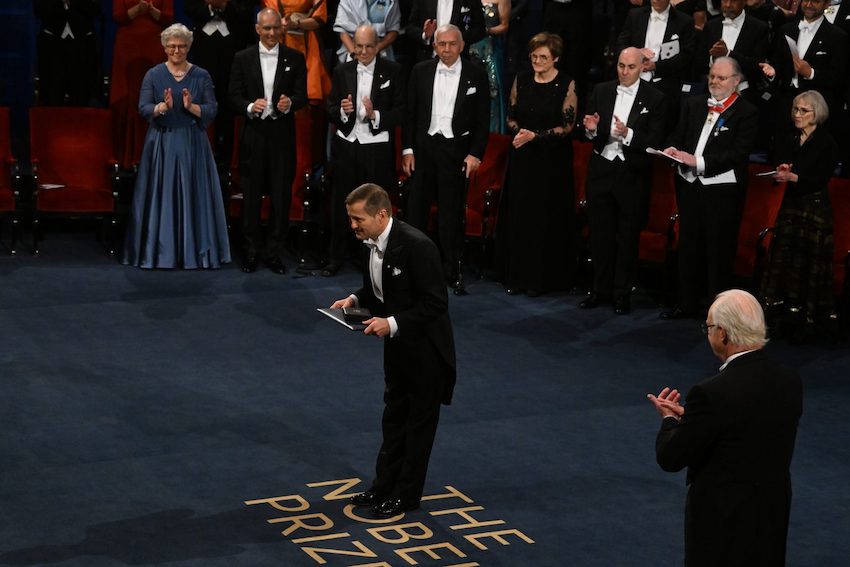
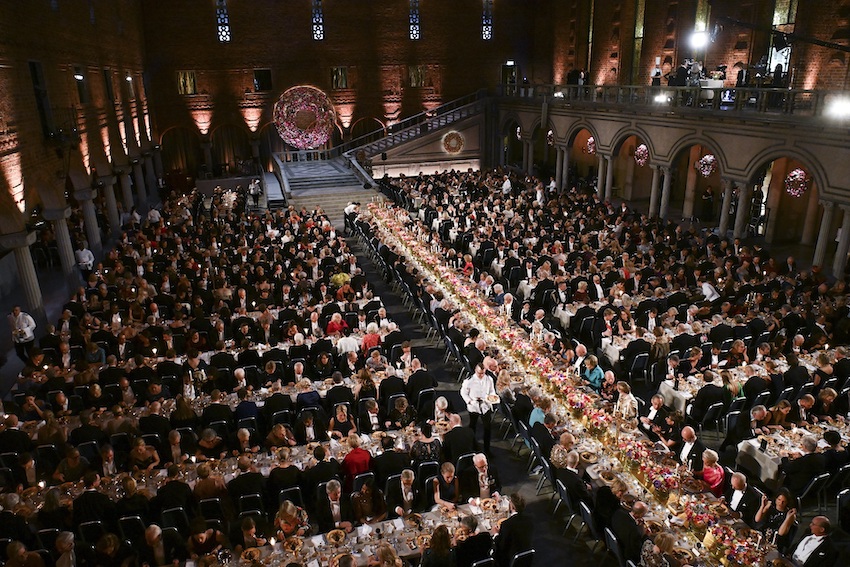
Photos by MTI / Szilárd Koszticsák
Speaking about economy President Novák emphasized that Hungary is a safe and family-friendly country, increasingly popular among investors. Last year, more than 13 billion euros in investments flowed into the country, creating 19,000 jobs.
Hungary belongs to the Western-oriented countries and is a member of Western alliances, but also builds and maintains pragmatic relationships and cooperation with other parts of the world, stressed Katalin Novák.

Reflecting on the past eighteen months, she recalled her concerted efforts to place great emphasis on international relations and diplomacy. During this period, she spent 104 days travelling abroad, visiting 30 countries and attending about 100 diplomatic events in Hungary.
Referring to the Museum of Fine Arts, venue of the diplomatic reception, which for several months hosted a large-scale exhibition dedicated to Pierre August Renoir, President Novák underlined the importance of Francophone relations and announced that on her initiative the government will allocate 1.5 billion HUF for the development of Hungarian-Francophone relations in the coming years.
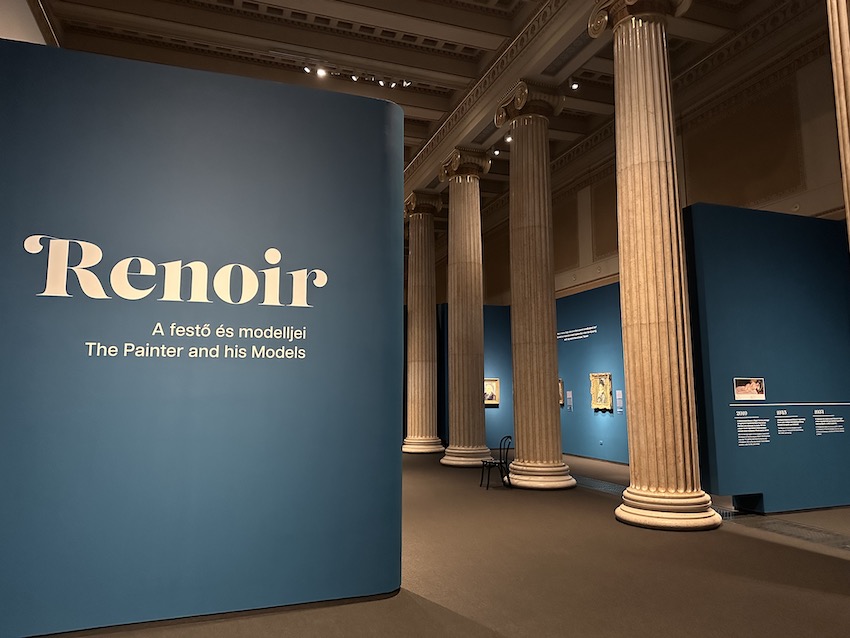
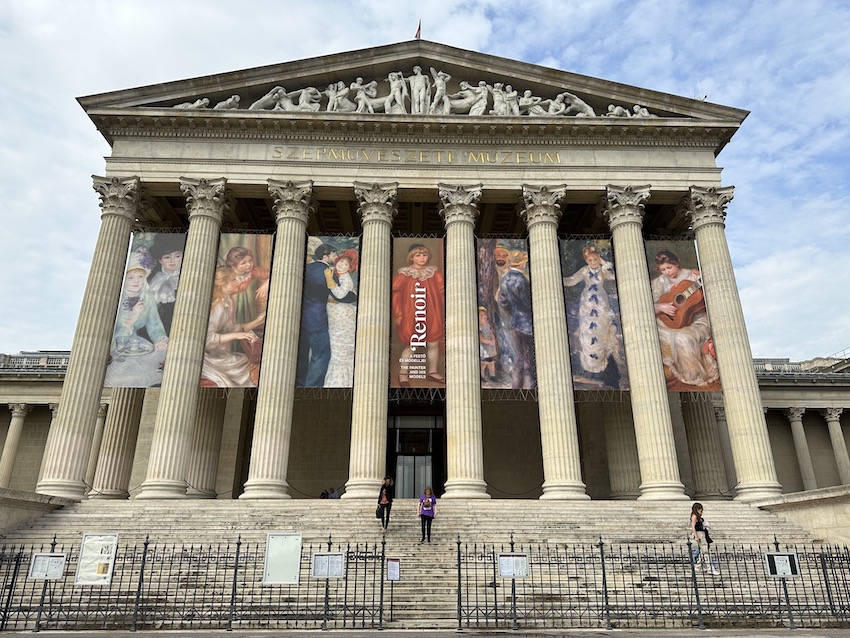
Reiterating the prominence of combating population decline, she recalled the 5th Budapest Demographic Summit in September last year and her own initiative to establish a network of family-friendly State Presidents. She added that during Hungary’s EU Presidency there will also be an event addressing demographic issues. Katalin Novák expressed her intention to host another significant event in the autumn: extending invitations to female Heads of State from across the globe to convene in Budapest.
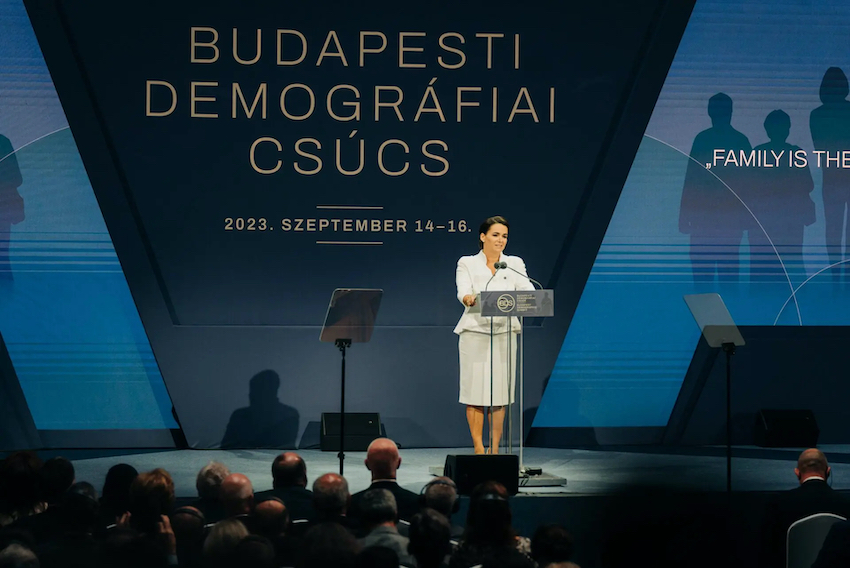
Speaking to the diplomats, she underscored that while diplomacy has evolved significantly over the last decade with heads of state engaging in direct communication, diplomats remain a credible source for their countries. Their portrayal of Hungary holds significant sway. They possess the acumen to discern when to convey signals and when discretion is paramount. The President urged diplomats to foster robust collaboration both with Hungary and within its borders.
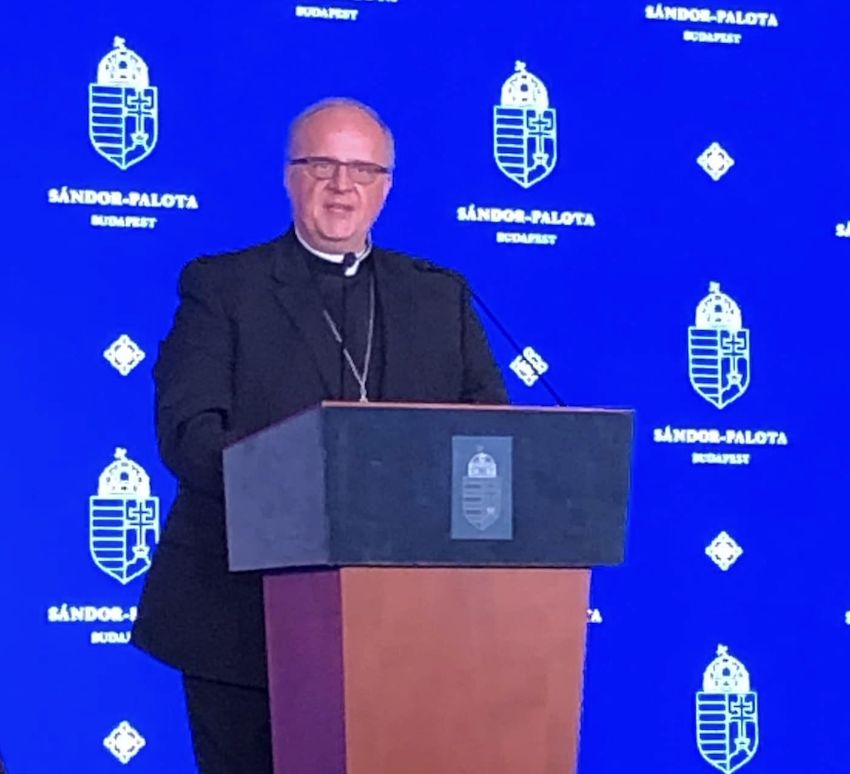
His Excellency Michael Wallace Banach, Apostolic Nuncio and Dean of the Diplomatic Corps, voiced concern for the elderly, women and children suffering from wars and other conflicts around the world. He expressed apprehension about the Israeli-Palestinian conflict and the war in Ukraine, emphasizing that negotiations should end the conflicts. He recalled a thought of Pope Francis that the Holy Father shared during his apostolic visit to Hungary last spring: “Peace will never stem from the pursuit of strategic interests, but from politics capable of considering everyone’s interests, paying attention to the people, the poor and the future.” The Most Reverend Apostolic Nuncio conveyed his best wishes for success and prosperity for Hungary and expressed hope for active dialogue and peaceful solutions to international conflicts for the world in the new year 2024.
As part of the reception, guests enjoyed a captivating cultural program featuring ballet and music performances.






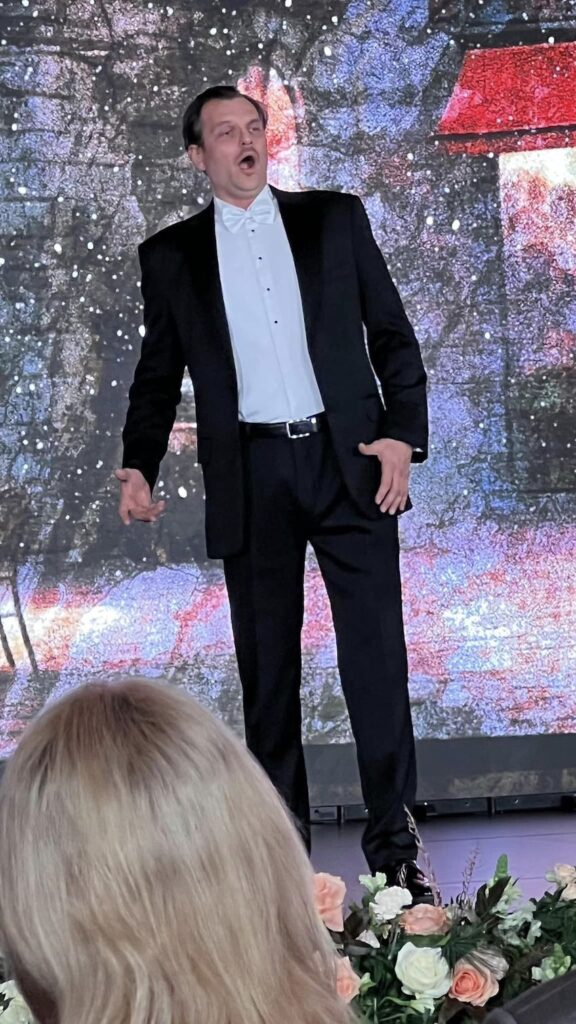
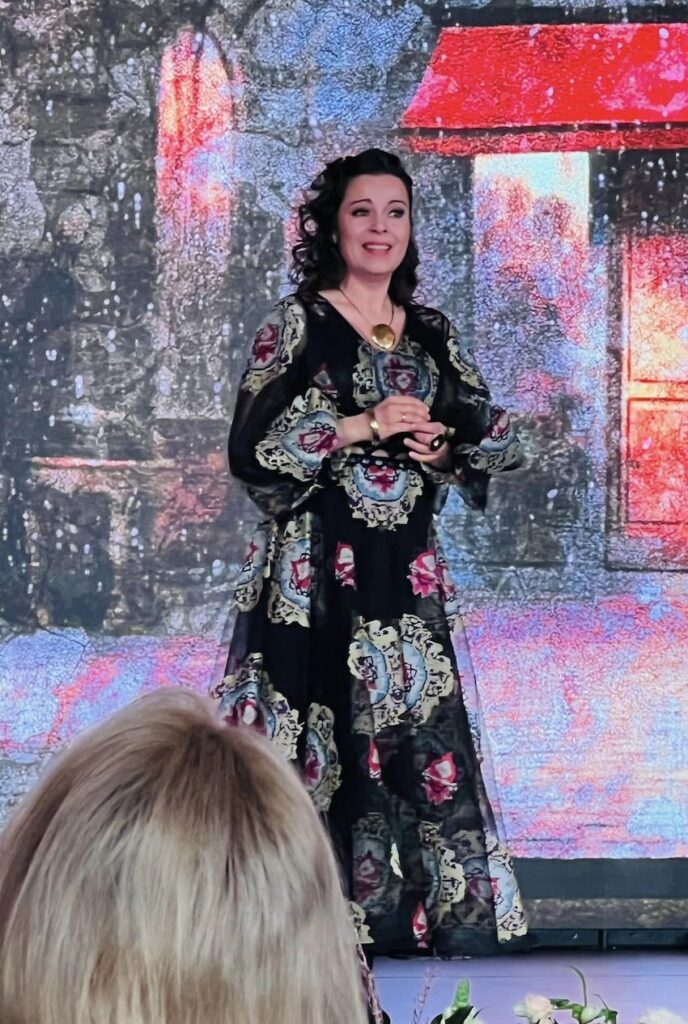

Source: Sándor Palace, MTI
Photos: President Katalin Novák Facebook, Sándor Palace, MTI


